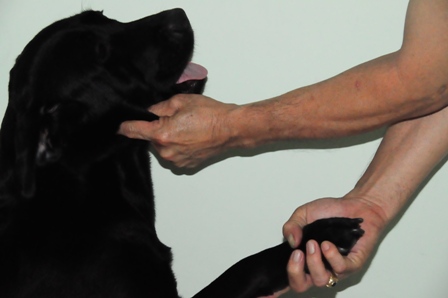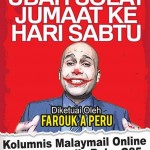I am your Muslim neighbour in London. As there are almost a million of us here (almost one in eight people), I would not think my presence here is strange at all. But it can be alienating to be a Muslim in London these days. While Muslims are a familiar sight, there are still some deep rifts between us and other Londoners. After the terrorist attack of 7/7 (nearly fifteen years ago!) and the recent spate of terrorist attacks, the deep suspicions towards us has increased tremendously. Added to that is the racist Tommy Robinson whose puerile approach to Islamic texts attracts the most intellectually bereft, the situation has actually become dangerous for us.
This is why I write this piece – as your Muslim neighbour. I would like you to know that we are human, just like you, with human failings. Of course, that is an obvious fact, biologically speaking, but I am speaking ideologically and from the angles of culture and civilisation. And being human means we do not express our identities in the exact same way either. There are a myriad of factors which influence our expression and you should know about this.
I will be completely honest with you – most of us know almost nothing about our faith. The reason for this is simple – we don’t have to know much about it. The Islamic priesthood – and make no mistake, that’s what they are: priests – scares with the idea that unless we are guided by a ‘qualified scholar’, we will be guided by the devil himself. This suits the ordinary Muslim just fine. He is content to remain focused on the performance of rituals. Let the ‘qualified scholars’ deal with the deep study.
As one who studies Islam academically, I can safely say that Islamic texts (with the exception, in my belief, of the Quran itself) are nothing more than human opinions about Islam that have gained dogmatic status. Once anyone reads through them with a critical lense, they would see this fact for themselves.
Secondly, many of us are content to quell any doubts we might have about our faith. While we live in an age where dissenting Muslims (ExMuslims, Atheists and Agnostics) are celebrated and feted for their so called ‘reason over religion’, I would say that this happens very rarely even in the West. Usually, when a Muslim has doubts, he or she is content to keep to himself or herself for life. It may feel like a gross betrayal to the Muslim tribe by voicing these doubts. This is obviously not a good thing. A person should be free to discuss or leave his or her faith.
A final thing you should know about Muslims who do get radicalised (literally no more than 0.01 percent of us) – they tend to know little or nothing about the faith (as above) and would just as easily leave the faith (also as above). These are highly unstable individuals who are very easily manipulated and find some emotional crutch for being the ‘toughest kid on the block’. I have had the unpleasant experience of debating some of this lot. Their usual retort is to question my own faith despite the fact they cannot defend their own positions. Ironically, dissenting Muslims who engage with Islamic texts display the same shallow analysis in their own readings. Ali Rizvi’s ‘The Atheist Muslim’ is a clear example of this.
Islam, like any other religion, is a collection of concepts from which an individual draws whatever he or she needs. I will part with one thing I drew from the Quran itself – the concept of salam or peace. I am told never to judge those who live with me in peace as a non-believer. ‘Salam alaikum’ or ‘peace be upon you’ is not just a greeting, it is a way of being directed towards all beings.












